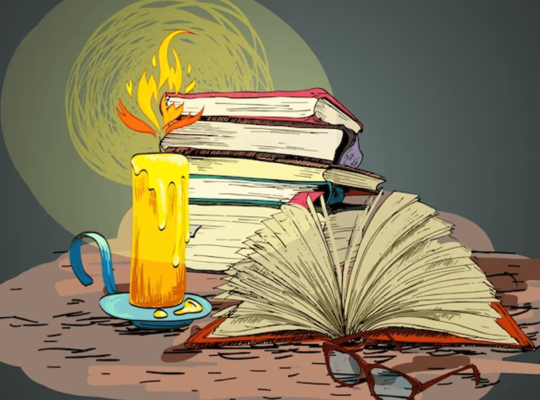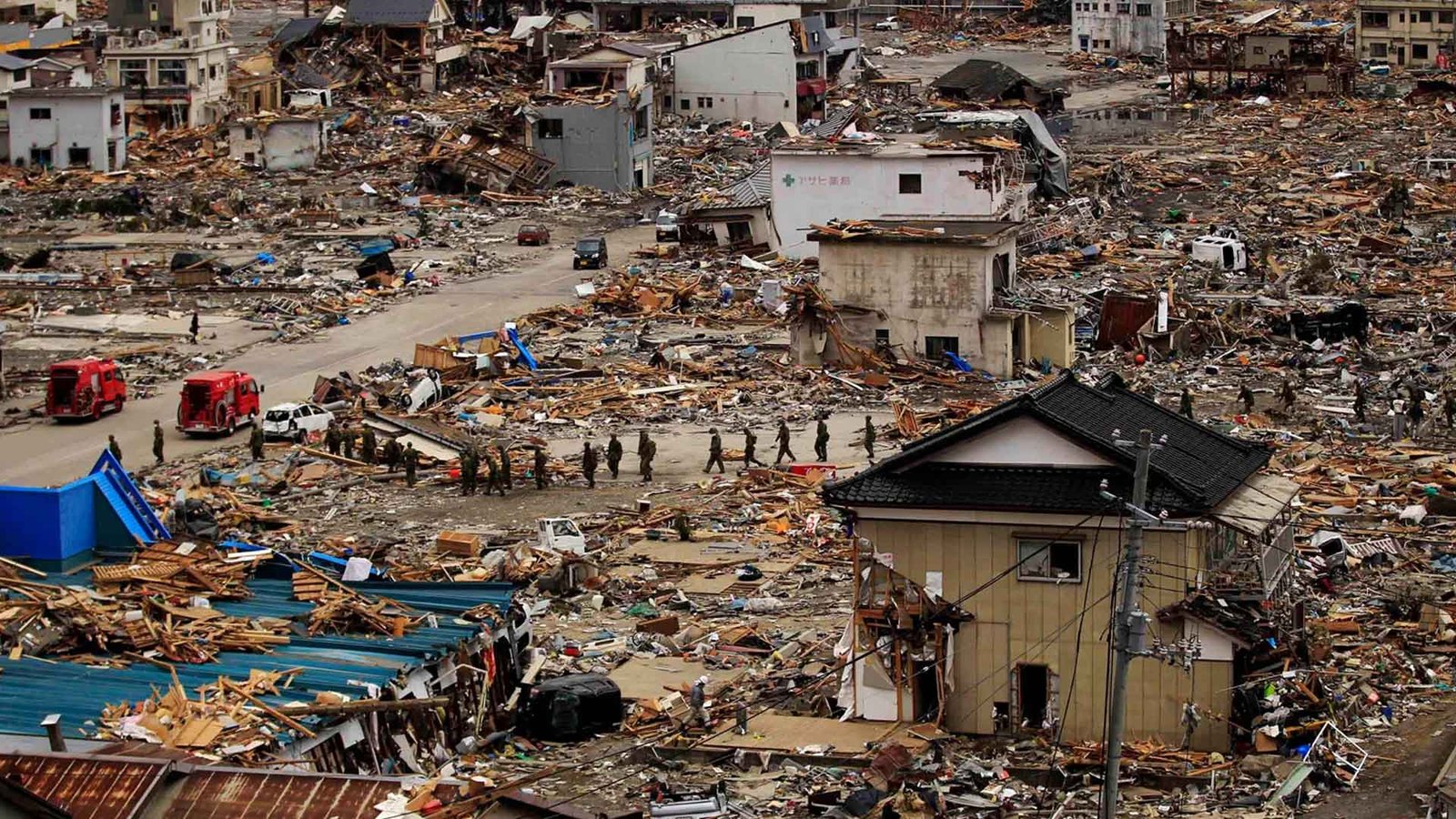Natural disasters have been a part of human history since the beginning of time, causing significant destruction, loss of life, and economic impact. From earthquakes and volcanic eruptions to floods and hurricanes, the world has seen it all. While we cannot prevent natural disasters from occurring, we can work together to reduce their impact and protect ourselves and our communities.
In recent years, the frequency and intensity of natural disasters seem to have increased, causing widespread damage and loss of life. This has led to increased interest and research into the history of natural disasters and how they have affected human societies throughout history. It is important to understand the causes and effects of natural disasters to better prepare for and mitigate their impact in the future.
One of the earliest recorded natural disasters was the eruption of Thera, a volcanic island in the Aegean Sea, around 1600 BCE. The eruption was one of the largest in human history, with ash and pumice covering large areas of the Mediterranean and likely causing a significant impact on the societies of the time, including the Minoans of Crete.
Earthquakes are one of the most devastating natural disasters and have been recorded throughout history. In 1556, an earthquake in China killed over 830,000 people, and in 1755, a massive earthquake in Lisbon, Portugal, killed between 30,000 and 50,000 people. More recently, in 2010, a 7.0 magnitude earthquake in Haiti killed over 230,000 people and left over 1.5 million homeless.
Volcanic eruptions have also caused significant destruction throughout history. The eruption of Mount Vesuvius in 79 AD destroyed the city of Pompeii and killed thousands of people. In the modern era, the 1980 eruption of Mount St. Helens in the United States caused widespread devastation and killed 57 people.
Floods are another natural disaster that has caused significant damage and loss of life. In 1931, the Yangtze River in China flooded, resulting in the deaths of an estimated 3.7 million people. In 2005, Hurricane Katrina caused massive flooding in New Orleans, Louisiana, killing over 1,800 people and causing billions of dollars in damage.
Hurricanes and typhoons have also caused significant destruction throughout history. The deadliest hurricane on record occurred in 1970 in Bangladesh, killing an estimated 500,000 people. In 2013, Typhoon Haiyan struck the Philippines, resulting in over 6,000 deaths and widespread devastation.
In the modern era, natural disasters have continued to have significant impacts on societies around the world. The 2004 Indian Ocean tsunami, which was caused by a massive earthquake off the coast of Sumatra, is estimated to have killed over 230,000 people in multiple countries and caused billions of dollars in damage. The 2011 Tohoku earthquake and tsunami in Japan caused widespread destruction and led to the Fukushima nuclear disaster.
As climate change continues to cause shifts in weather patterns and rising sea levels, the risk of natural disasters is likely to increase. It is important to not only study the history of natural disasters but also to take action to mitigate their impact in the future. This includes investing in early warning systems, disaster preparedness and response, and efforts to address the root causes of climate change.
In conclusion, natural disasters have been a part of human history since the beginning of civilization, and they continue to have significant impacts on societies around the world. While we cannot prevent natural disasters from occurring, we can take steps to better understand them, prepare for them, and mitigate their impact. By doing so, we can help protect human life and ensure the continued resilience of our societies in the face of these powerful and unpredictable events.

Meet Sir Faisal Amin – a visionary educator and content management expert, who has made a lasting impact in the education sector with his unwavering commitment and passion.



















